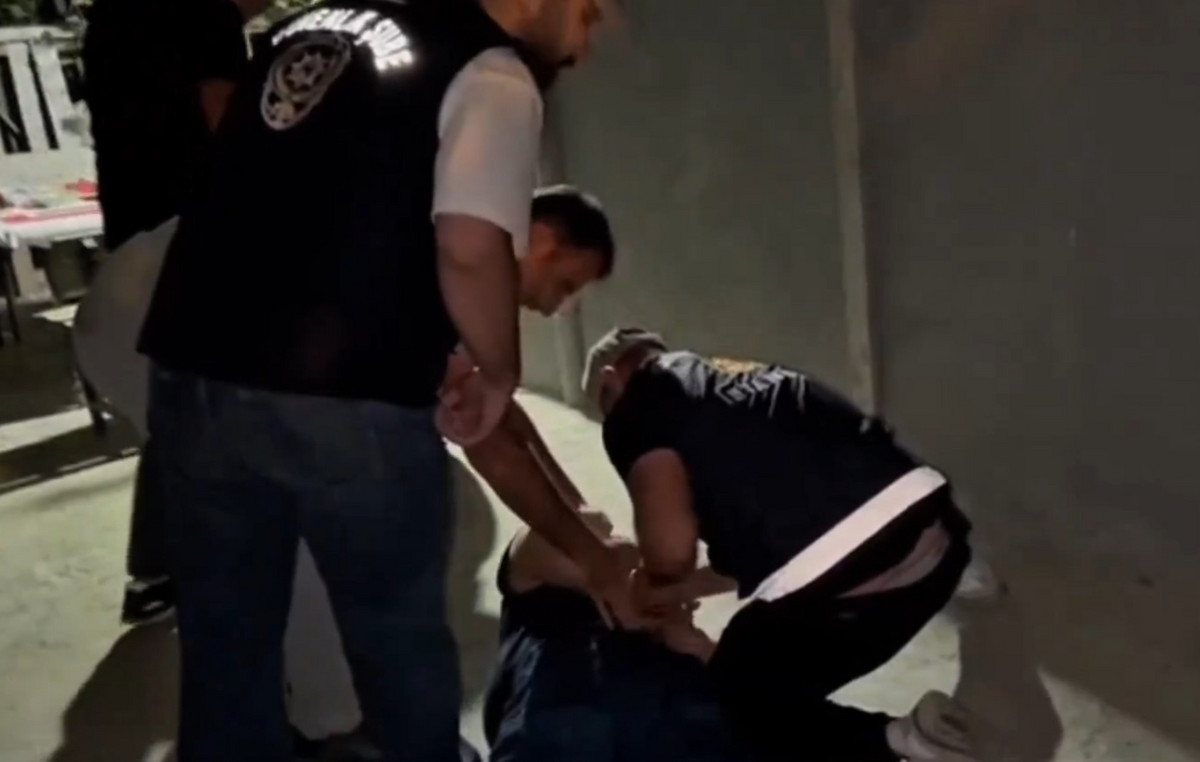The Constitution and Justice Committee (CCJ) approved this Wednesday (14) a project that defines criteria for decreeing preventive detention. The original text was presented by Flávio Dino before taking office as minister at the Supreme Federal Court (STF).
The proposal was reported by Senator and former Justice Minister Sergio Moro (União-PR), who suggested changes. If approved, the text can be sent to the Chamber of Deputies for analysis, if there is no appeal for deliberation in the plenary.
During the vote, the government even advised against the proposal due to disagreements with changes made by Moro regarding custody hearings, but the text was approved unanimously with votes from government supporters.
During the vote, senators reported having changed their vote more than once. According to the rapporteur, the “essence” of the text was preserved.
Senators in favor of the text and Moro’s changes suggested that the government veto parts of the proposal in the event of presidential approval, if disagreements remain. Presidential vetoes also need to be analyzed by Congress, which can maintain or overturn them.
The government leader in the Senate, Jaques Wagner (PT-BA), suggested that the text be highlighted, but this was not granted. According to him, Moro’s report has “structural problems”. He indicated that he may request an appeal to have the project analyzed in the plenary.
The approved proposal determines four criteria that must be taken into account by the judge to assess the dangerousness of the detained person and the possible preventive detention. They are:
- the “modus operandi”, considering premeditation, repeated use of violence or serious threat
- participation in a criminal organization;
- the nature, quantity and variety of drugs, weapons or ammunition seized;
- the possibility of reoccurrence of crimes, considering other ongoing investigations and criminal proceedings.
Currently, the Code of Criminal Procedure already provides for preventive detention based on the risk that the detainee may pose to people and society if he were free. The innovation of the text is in defining criteria for the judge to analyze preventive detention.
Custody hearing
Moro also includes criteria for evaluating preventive detention during the custody hearing, when the arrest in flagrante delicto may be converted into preventive detention:
- there is evidence indicating the repeated commission of criminal offenses by the agent;
- the criminal offense was committed with violence or serious threat against the person;
- the agent has already been released in a previous custody hearing for another criminal offense (except if he has already been acquitted);
- the commission of the offense “pending an investigation or criminal action”;
- escape or danger of escape;
- danger of “disturbing” the investigation or criminal investigation, as well as the collection, preservation or safety of evidence.
The report also includes the possibility of collecting biological material to obtain the genetic profile of the detainee. The government base criticized the measure and considered it “sensitive”.
The collection may be carried out in cases where the prisoner has been arrested in flagrante delicto for a crime committed with violence or serious threat, for a crime against sexual freedom, for a sexual crime against a vulnerable person or if they are part of a criminal organization that uses firearms.
According to the text, the Public Prosecutor’s Office or police delegate must request the judge to collect biological material to obtain and store the genetic profile of the detainee.
Source: CNN Brasil
I am an experienced journalist, writer, and editor with a passion for finance and business news. I have been working in the journalism field for over 6 years, covering a variety of topics from finance to technology. As an author at World Stock Market, I specialize in finance business-related topics.







